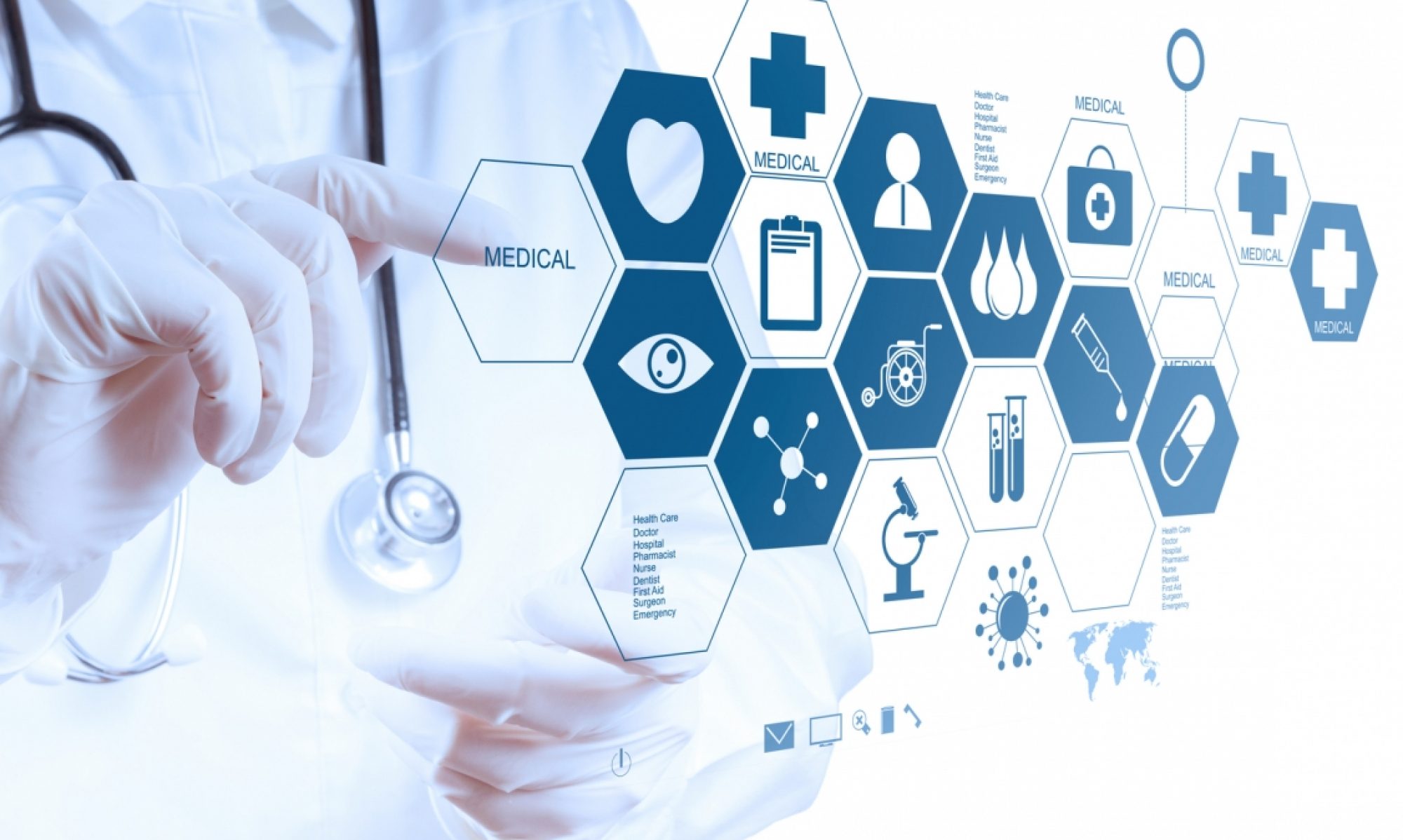The side effects of targeted drugs vary from person to person, and advanced tests provide reference marseille-quince.com
The side effects and efficacy of targeted drugs for cancer may vary depending on the individual’s physical condition, genes and type of drug. Some patients will undergo antimicrobial susceptibility testing conducted by European and American researchers before choosing therapy, and the report will help the medical team to formulate a suitable treatment plan for the patient.
The side effects of targeted drugs used to treat cancer vary from person to person
If the cancer cells in the body are not well controlled, it will turn from a benign tumor to a malignant tumor, and treatment will become more difficult. In cancer treatment, targeted drugs that specialize in the treatment of cancer play a good role in controlling cancer cells and stop the growth of cancer cells.
What are the side effects of targeted drugs?
The effectiveness of targeted drugs has a good therapeutic effect on cancer cells, but because such drugs need to be taken for a long time to inhibit the growth of cancer cells, patients will also bring side effects when they are often taken for a long time, such as rash, diarrhea, platelet elevation, mouth ulcers, nasal bleeding, etc. These are the side effects of taking targeted drugs, which each patient can tolerate differently, and the side effects of targeted drug therapy for cancer treatment will also vary in their effects.
What to do about the side effects of targeted drugs
Targeted drugs are drugs that are specifically effective against cancer cells, but these drug ingredients can also attack normal organs in the body’s immune system, causing side effects in the body, and how to apply them when they occur. Patients need to drink more water, eat more fruits and vegetables, soups, and water-rich foods if their physical conditions allow, and if their skin becomes very dry, they can use lotion to keep their skin from so dry, and if their lips are too dry, they can apply lip balm to avoid pain. The body is not allowed to drink too much water, and you can also sip some to relieve dry mouth. Consult the attending physician for advice on taking medications to mitigate the side effects of targeted drugs.
Targeted drug susceptibility testing
In order to improve the effectiveness of personalized cancer treatment, targeted drug susceptibility testing is one way to improve treatment effectiveness. Blood samples are taken from patients and sent to high-end laboratories in Europe, where they can be tested by researchers without taking or injecting drugs. The test helps to detect various cancer drugs, natural substances, and extracts, which have direct effects on anti-cancer treatment, reduce the pain of patients suffering from the side effects of targeted drugs, and even detect potential early cancer signs from the sample, and monitor the presence of cancer cell changes.
Related testimonials
Circulating tumor cells Analysis of anticancer drug efficacy from tumor susceptibility testing-marseille-quince.com
European and American tumor susceptibility tests include circulating tumor cells and circulating cell-free DNA tests, which can help formulate personalized treatment plans (such as chemotherapy drugs and natural nutrients), and can also detect early cancer signs and diagnosed tumors, so as to improve treatment effectiveness.
Learn about the effects of electrotherapy side effects on your skin and body parts – marseille-quince.com
Radiotherapy is radiotherapy, which can be divided into “in vivo” and “in vivo”, and the treatment effect and side effects vary from person to person, so you should consult your doctor to understand the side effects and side effects of radiotherapy.
End-Stage Cancer Treatment Alternative Therapies Anti-Cancer Health Information – marseille-quince.com
Looking for traditional or alternative therapies to increase the palliative effect of terminal cancer treatment?marseille-quince.com In addition to traditional cancer diagnosis and therapy, we also provide adjuvant therapies and healthy lifestyle information suitable for all stages of cancer or rehabilitation.Categories: Tumor Susceptibility Testing, Cancer Treatment Tags: Chemotherapy, Cancer Treatment, Targeted Therapy Author: Eric
Commonly used cancer treatments include surgery, chemotherapy, etc., and many patients may consider newer treatments, such as targeted therapy as a single treatment option, or a combination of targeted therapy and other traditional therapies to help control the disease and reduce the risk of recurrence. However, with fewer options for targeted drugs and relatively high treatment costs, they are still concerned about treatment effectiveness and side effects.

Possible side effects of targeted therapy
In fact, Targeted Therapy may also cause significant side effects, but the possible side effects and severity vary greatly depending on the targeted drug used. Common side effects include:
- Nausea and vomiting
- Gastrointestinal upset
- Hypopigmentation of hair
- Dry skin and rashes
- Wounds are more difficult to heal
In most cases, the side effects of targeted drugs are milder than those of conventional chemotherapy; After the treatment is over, the side effects will gradually subside as the normal cells in the body recover. However, there have been cases of serious side effects after receiving targeted therapy, and patients are advised to consult their attending physicians before treatment.
Are there differences in the effectiveness of targeted therapy in different cancer patients?
Traditional chemotherapy drugs can act on metabolically active cells, including cancer cells and some normal cells. The difference between targeted therapy and chemotherapy is that it targets the growth and survival characteristics of various cancer cells, which can more accurately inhibit and destroy cancer and reduce the damage to normal cells.
As for why some patients do not have satisfactory results after receiving targeted therapy? Studies have shown that due to differences in human genes and physical conditions, the individual outcomes of different types of cancer treatments also vary. Cancer drugs (e.g., chemotherapy drugs, targeted drugs) may also have different effects when applied to different patients.
At present, the Chemosensitivity Test (CTT) developed by European and American researchers can provide more important references for cancer treatment, and help professional medical teams to formulate appropriate treatment plans for patients.

European and American scientific research advanced tumor drug susceptibility testing
To understand what tumor susceptibility testing is, you must first understand how tumor cells function. Tumours contain several groups of cells, each with different characteristics, known as “cancer stem cell-like cells“ or “tumour-initiating cells“. They affect the treatment of the disease, including whether the tumor is resistant to treatment and the likelihood of recurrence.
The most important thing in treating cancer is to destroy the cancer cells, and when a patient receives a series of treatments, most of the cancer cells will be destroyed, but some will remain in the body. During remission with treatment, the remaining cancer cells in the body have a chance to spread to other parts of the body. Therefore, doctors need to detect and analyze the characteristics of the remaining cancer cells. One of the purposes of antimicrobial susceptibility testing is to detect under what circumstances cancer cells respond to treatment and to provide data on whether and where the cancer is likely to spread, thereby reducing the risk of cancer recurrence.

Testing to improve the effectiveness of personalized cancer treatment
Antimicrobial susceptibility testing is performed by a blood test, which simply takes a blood sample from the patient and sends it to a high-end laboratory in Europe, without the need to take or inject drugs for testing. Blood samples are tested for a variety of personalized tests, including detecting early signs of potential cancer and monitoring for pre-existing tumor cells.
In addition, the test can also help to detect the direct effects of various cancer drugs (including specific anti-cancer drugs, chemotherapy drugs, targeted drugs), natural substances or extracts (e.g. natural herbal nutrients) used in anti-cancer treatment, and how they stimulate the immune system, inhibit tumor angiogenesis and cancer cell proliferation signals, etc., so as to help doctors tailor treatment plans for patients and improve treatment outcomes.
It is important to note that cancer patients should consult their attending physician if they plan to undergo any tests or therapies.

